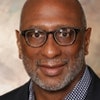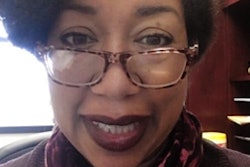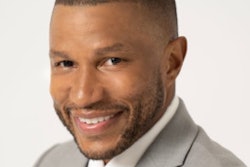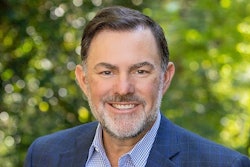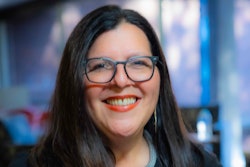In 2024, I celebrate an anniversary that is special to me, 25 years of close affiliation with America’s Historically Black Colleges and Universities (HBCUs), especially those in my home state of Mississippi. While I had been on the campus of Tougaloo College as a guest, I was hired at the college, often called the “Cradle of the Civil Rights Movement in Mississippi,” as a tenure-track assistant professor in 1999. One week into my academic career, I was appointed chair of the Department of English and Modern Languages. Yes, with no administrative experience and very little teaching experience, I was entrusted with a coveted appointment for which many people must work long and hard. I do not take the significance of that vote of confidence for granted.
 Dr. Chris Gilmer
Dr. Chris Gilmer
Connie is almost 20 years my senior, and she was rightly suspicious of most white people she met in the early days. Her life was palpably in danger every day that she integrated the University of Mississippi’s law school. One of my prize possessions is a picture frame Mama Olivia gave her while a law student. It contained a poem she had written for her daughter. Olivia Kelley Slaughter was in constant prayer and daily fear for the life of her child who became the first African-American woman to graduate from the University of Mississippi School of Law, the first African-American woman to serve as a judge in the State of Mississippi, and one of USA Today’s most consequential women in American history, among literally 5,000 recognitions received over a distinguished career. Side by side with her daughter, she now leads a nonprofit organization in Forest, Mississippi, promoting the legacy of her parents.
It is no surprise that Connie was not that interested in keeping company with an elementary-aged white child befriended by her mother, but she was curious and always gracious. In Mama Olivia’s final hours while I was working my way through college as a newspaper reporter, I called the hospital to check on her, and Connie relayed my final message to her. In that moment, she told Connie to regard me as her brother for all time, and without fail, she has been constant to her mother’s wishes. She is one of six sisters, so maybe Mama Olivia knew she needed an honorary brother after all. Connie has recently agreed to allow me to write her biography, and I can only hope that I prove worthy of telling such an important story.
Many years have passed since all of this transpired, and I reflect often on my formative days at Tougaloo. It was without question the best teaching I have ever done with the brightest and most eager students I have ever taught. Oh, I have had wonderful students at other colleges, but I mean taken as a whole. Most of my career to date has been spent serving three HBCUs, Tougaloo College, Jackson State University, and Alcorn State University. Add to that one federally designated Hispanic-Serving Institution (HSI) and the two Appalachian colleges for which I have served as president, and the tapestry unfolds of my deliberately chosen life giving what talents and skills I have to historically underserved students. With great respect to all these institutions, however, it was Tougaloo where I got my start, and now it comes full circle 25 years later as I serve on Tougaloo’s Board of Trustees.
Some have asked how and why a white man serves the HBCU system. My answer: I have not always seen the mission of other colleges clearly fulfilled, but without exception, I have always understood, believed in, and been proud of helping America’s HBCUs to fulfill their clear mission. Nowhere else have I felt more accepted, more appreciated, more challenged, more supported, or more fulfilled, and so my steadfast answer remains.
As I get older, past, present, and future merge almost indistinguishably in ways they did not when I was young. I remember like it was yesterday being in a classroom in Berkshire Cottage on the Tougaloo campus with then-students who would become vice presidents of universities, teachers and principals, film makers, nonprofit managers, attorneys, scientists, and, of course, parents of the next generation. I remember the inquisitive and confident young woman who rose to a key role in the Obama administration and the philosophical and questioning young man who told me that my openness as a gay man helped him on his journey to telling his own truth.




